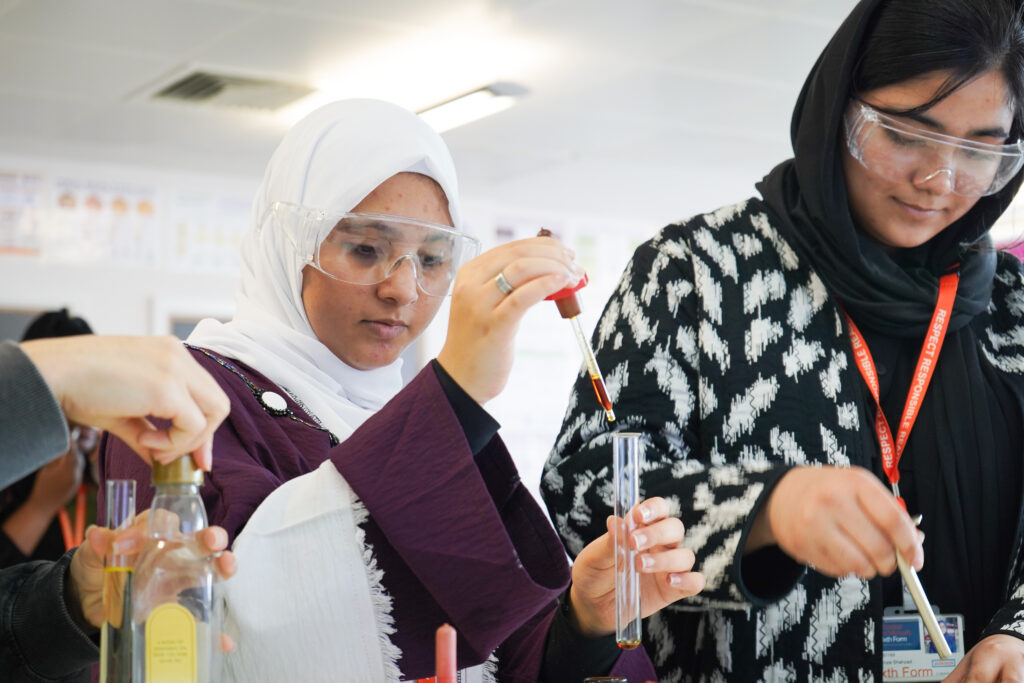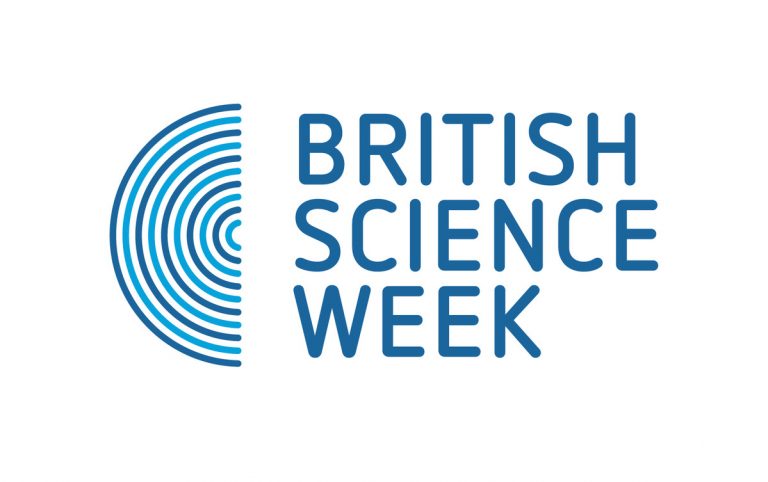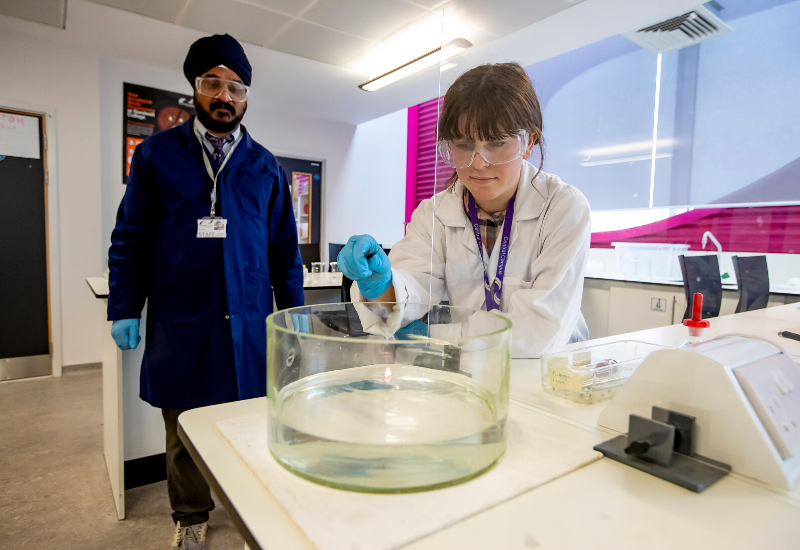Chemistry is a hard science and a good choice for learners wishing to embark on scientific or research-based careers. A Level Chemistry at Central Saint Michael’s is often combined with subjects such as Biology, Physics, Maths or Psychology.
Chemistry is the study of scientific matter comprising three main strands: inorganic, organic and physical chemistry, which are all taught to various depths across both academic years. The first year (AS study) introduces you to basic concepts encompassing these three strands, including practical work. The second year (A2 study) examines the first year concepts in significantly more depth and stretches your learning to include instrumental and industrial applications where Chemistry is used extensively.
AS Level Chemistry (Year 12)
Paper 1: Core Inorganic & Physical Chemistry
Topics:
Atomic Structure and the Periodic Table
Bonding and Structure
Redox I
Inorganic Chemistry and the Periodic Table
Formulae, Equations and Amounts of Substance
AS Level Chemistry (Year 12)
Paper 2: Core Organic & Physical Chemistry
Topics:
Bonding and Structure
Formulae, Equations and Amounts of Substance
Organic Chemistry I
Modern Analytical Techniques I
Energetics I
Kinetics I
Equilibrium I
A Level Chemistry (Year 12 + Year 13)
Everything above, plus:
Paper 1 (continued): Advanced Inorganic and Physical Chemistry
Topics:
Equilibrium II
Acid-base Equilibria
Energetics II
Redox II
Transition Metals
Paper 2 (continued): Advanced Organic and Physical Chemistry
Topics:
Kinetics II
Organic Chemistry II
Chemistry III
Modern Analytical Techniques II
Paper 3: General and Practical Principles in Chemistry
Questions in this paper may draw on any of the topics stated above, including core practicals.
















